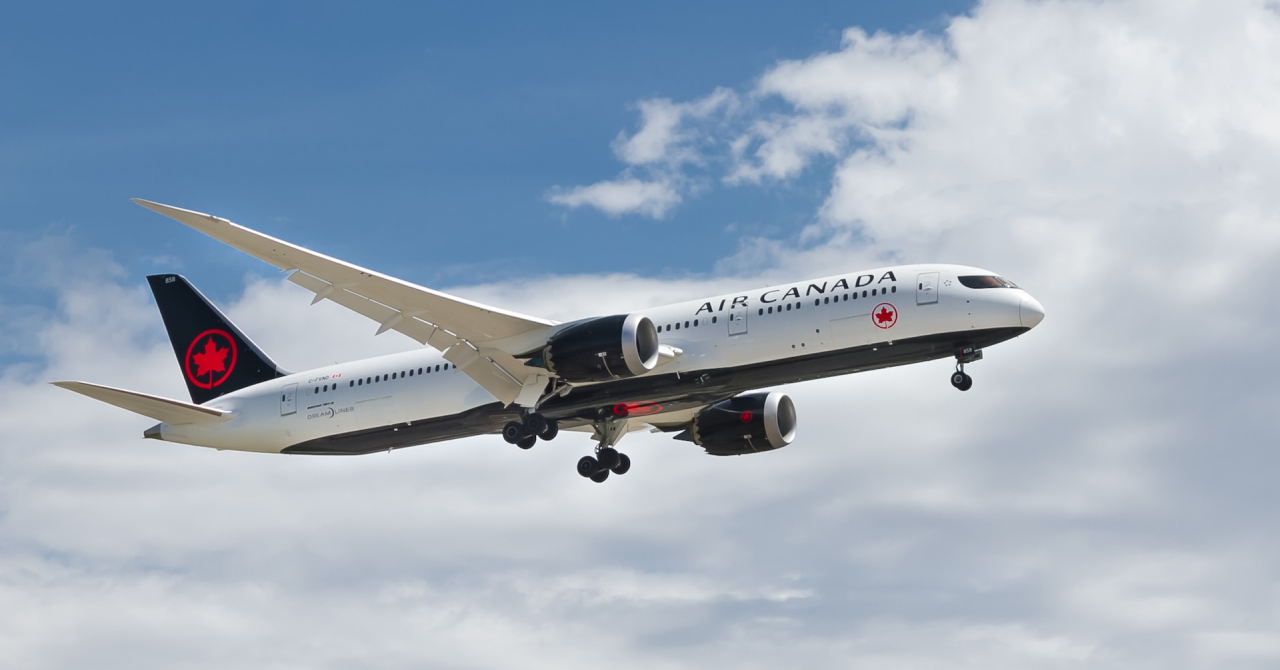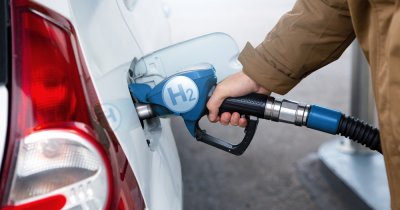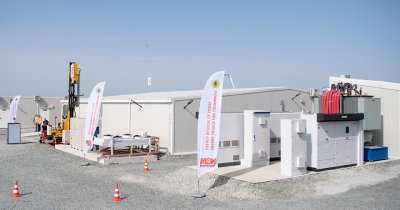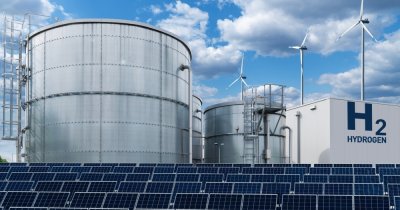The aviation industry is in a constant race to bring more efficient aircraft to the market and more eco-friendly fuel solutions, such as sustainable aviation fuel and alternative power solutions.
This is why, according to ESG Today, Boeing launched its open-public Cascade tool, which can identify the effects of changes made towards a more efficient aviation sector, such as new aircraft and optimized operations. The program calculates the efficiency of all improvements throughout their whole lifespan.
Boeing Chief Sustainability Officer Chris Raymond said that "we created Cascade to serve as an industry tool that creates a common framework among aviation, energy, finance and policy. By putting data first and sharing this model with the public, we are enabling collaboration, feedback and alignment across industry, government and others who work together to achieve a more sustainable aerospace future."
So far, Cascade was able to determine that one of the best short-term solutions for reducing aviation emissions is the implementation of SAF in aircraft, especially since it can already be used in current-generation planes without any modifications. By contrast, the tool believes that battery and hydrogen-powered planes won't have much of an impact until later on, since the technologies are still in their early stages of development and serious infrastructure changes will be necessary.
Neil Titchener, Cascade Program Leader, added that "our industry has really hard questions ahead of us, we’re going to have to make difficult choices. Cascade can be the conversation starter for how each decarbonization pathway can help us reach a more sustainable future."
 Mihai - Cristian Ioniță
Mihai - Cristian Ioniță












Any thoughts?